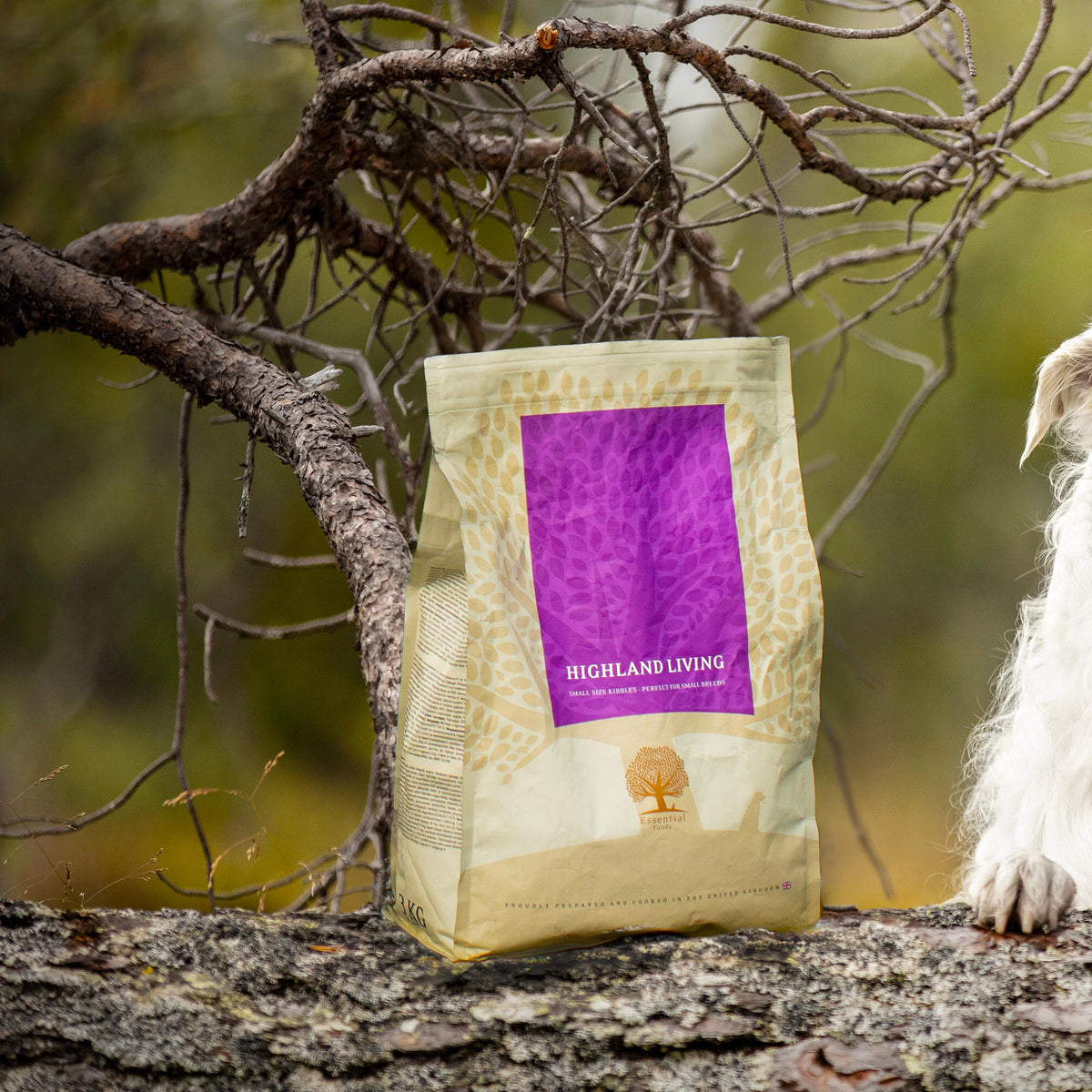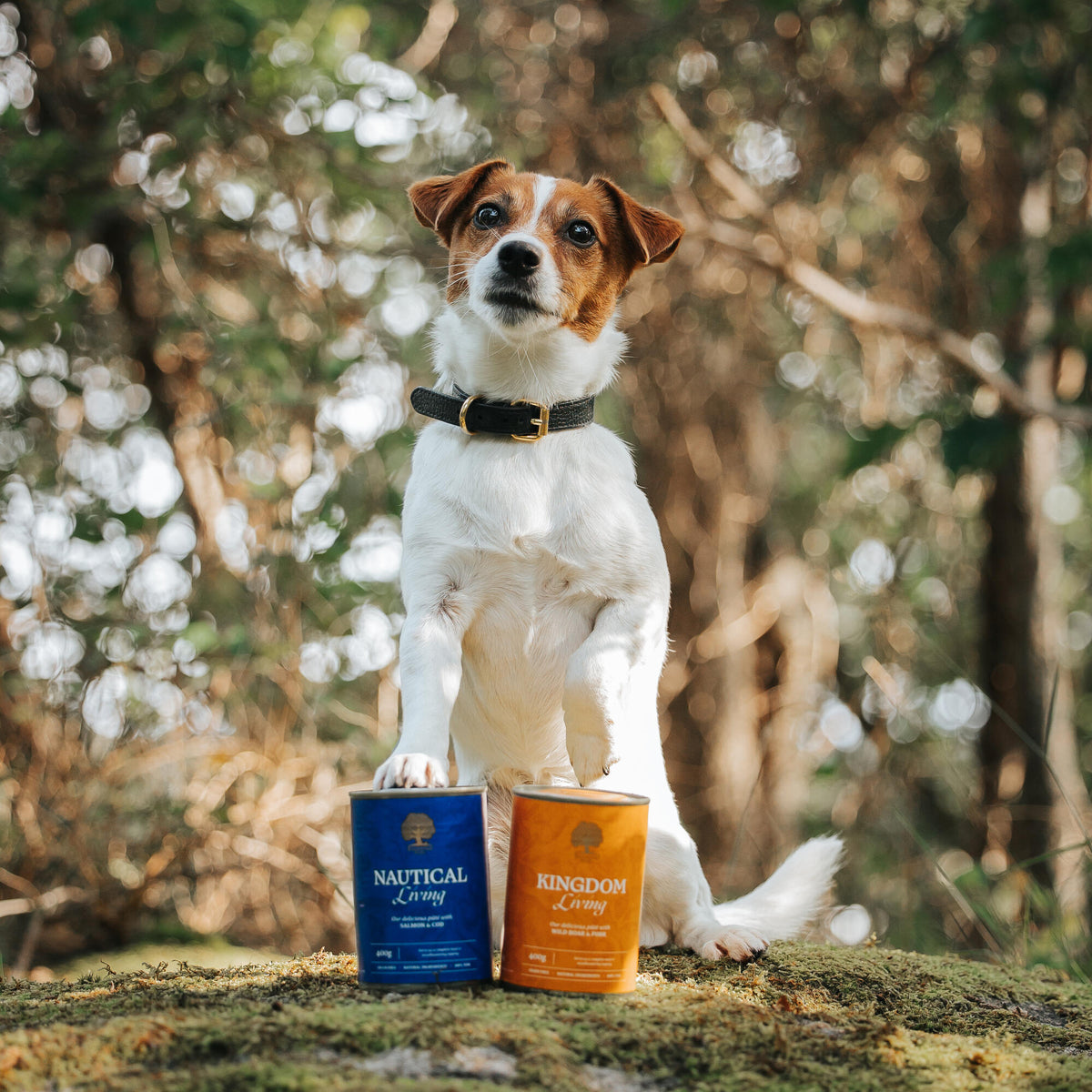Your Cart is Empty

Possessiveness in dogs can lead to aggressive behavior. It often stems from insecurity or a need to protect valued resources. Understanding the root cause is the first step in addressing this behavior.
Socializing your dog early is crucial. Expose your puppy to different environments, people, and other animals. This helps reduce fear and anxiety, which can contribute to possessiveness.
Use positive reinforcement techniques during training. Reward your dog with treats and praise when they show non-possessive behavior. Consistency is key to breaking possessive habits.
Feeding your dog high-quality puppy food supports their overall health and wellbeing. A well-nourished dog is less likely to develop behavioral issues. Choose foods rich in essential nutrients for balanced growth.
Natural dog food can significantly impact your dog's behavior. It is free from artificial additives and preservatives that can affect your dog's mood and health. Opt for natural options to keep your dog calm and happy.
Grain-free dog food is another excellent choice. Many dogs have sensitivities to grains, which can lead to discomfort and irritability. By eliminating grains, you can improve your dog's digestion and reduce stress, which can help in managing possessiveness.
Provide separate feeding areas if you have multiple dogs. This reduces competition and tension during mealtime. Each dog should feel secure while eating, which helps in reducing possessive behavior.
Maintain a consistent feeding schedule. Dogs thrive on routine, and knowing when to expect meals can reduce anxiety and possessiveness. Stick to the same times each day to establish a predictable pattern.
Behavioral Optimizing Foods (B.O.F) are designed to maintain stable blood sugar levels in dogs. Stable blood sugar levels help in keeping your dog's mood balanced. This can significantly reduce possessive tendencies.
Dogs love the taste of high-meat content foods. The excellent palatability of these foods ensures that your dog enjoys their meals. Happy and satisfied dogs are less likely to exhibit possessive behavior.
Choosing the right food for your dog is crucial. Essential Dog Food stands out as the best option. It offers grain-free, high-protein, and B.O.F benefits. The high-meat content ensures excellent palatability. Your dog will enjoy mealtime, feel satisfied, and exhibit fewer possessive behaviors. Make the switch to Essential Dog Foodtoday for a happier, healthier dog.


